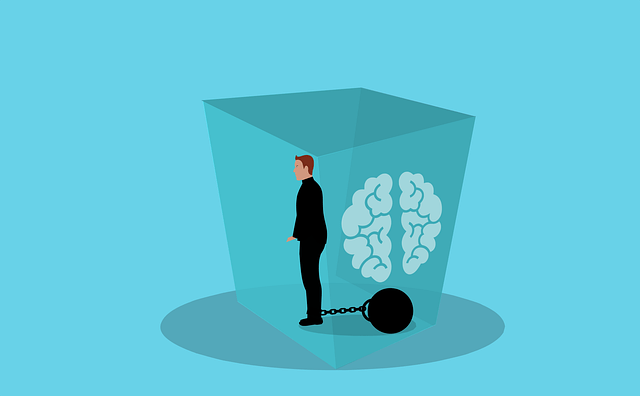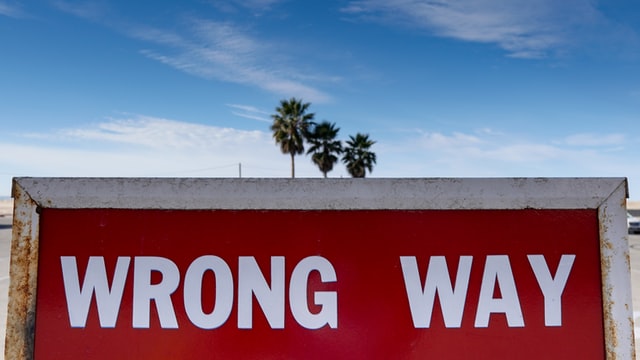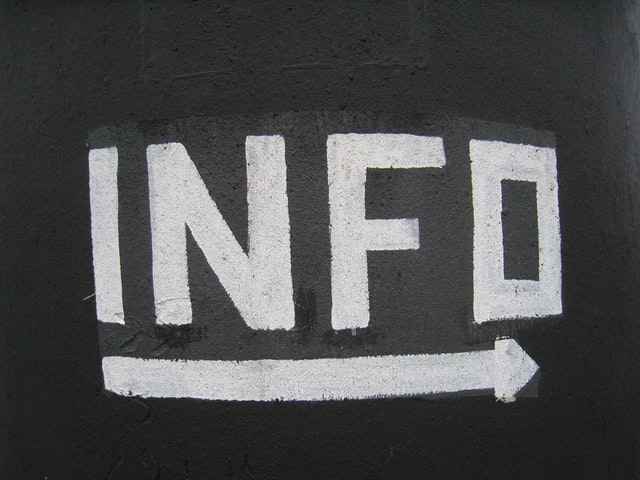Analysis paralysis is a situation where an individual overanalyzes or overthinks a situation, thereby causing any future actions or decision-making to become “paralyzed.” That is, the individual ends up not deciding on a course of action. In simple terms, choice paralysis is nothing but indecisiveness.
The fear of making a wrong decision that could yield unpleasant results prevents individuals from making a decision. However, failure to make a decision is a failure itself, as it hinders progress and causes missed opportunities.
Signs of Analysis Paralysis (AP)
If you often find yourself struggling to make a decision, read through the following signs to determine if you might have analysis paralysis.
An unquenchable thirst for information
For example: J plans to buy a certain product and does research for months on the available varieties of the product. J now has lots of data about the product but 6 months down the line, after the initial search, he still hasn’t made a choice on the product variety to purchase.

Those who have choice paralysis always believe that they need more information or insights to make every single decision. Naturally, they are always in search of information.
Continuously searching for information isn’t the problem, though. Not utilizing the information is the problem.
A belief that there’s a “better” option
Individuals with choice paralysis are never satisfied with what they have. They are always in search of better products or solutions than the ones at hand. This is another sign of AP.

A typical example can be seen in writers who may have multiple articles they are working on but can’t seem to wrap up any of them. The fear of the article not being up to standards prevents this.
Acting on compulsion
Most of the decisions individuals with AP end up making are usually enforced by someone, something, or the prevailing circumstances.

For example, an employee suffering from AP may realize that he’s a misfit in his place of work, but fear may prevent him from quitting until the management discovers his incompetence and fires him.
Always on the fence

Imagine your colleagues are voting for a cause or against it, but you opt out of making a decision. Being on the fence may seem like a way to show impartiality, but if you find yourself doing this almost every time, then it is a sign of AP.
Tips for Avoiding/Fighting Analysis Paralysis
Imagine a scenario where you are driving somewhere, and there are three routes to your destination. Your plan is to go through the shortest route and get to your destination quickly. The shortest route happens to be the one with the most traffic, and that could delay you. Since you are unable to make a quick decision, you find yourself parking your car to further analyze the situation. The time you intended to save ends up being wasted because of your indecision.
Realistically, instead of the original three options, there were four options – every route to your destination is an option. Waiting somewhere to choose a route is the fourth and worst option. You chose the fourth/worst option. The point is, each time you’re not able to make a decision, you’re choosing the fourth option.
Someone who hits the road after you took the longest of the three routes but didn’t wait to think. They will likely get to the same destination ahead of you regardless of which route you eventually took. Again,, not making a decision is tantamount to not moving forward.
Overcoming choice paralysis requires making a mental commitment on the following.
Always take lack of decision for a wrong decision

In order to prevent finding yourself constantly on the fourth route, always have it at the back of your mind that not making a decision is a decision itself, and it is a wrong one.
Learn to follow your instincts

Most times, our instincts make the right choices for us, but we tend to ignore them. Each time you feel you need more information to make a decision, remember that going with your instincts is better than waiting. And if your decision gives unpleasant results, learn from it and move on.
Stop the overthinking roller coaster

When you overthink a decision, you’ll get trapped in a roller coaster of thoughts. You’ll spend hours spinning the same thoughts without a new one popping up. Take that as a sign that the decision is long overdue. At that point, waiting longer will not make your decision any better.
Limit the amount of information you consume
Yes, you need a lot of information to make some decisions. However, this belief holds true to an extent. More information often leads to more options, and more options breed more confusion. Naturally, we tend to make choices faster when we have fewer options.

If you eat in restaurants often, you would have observed that the longer the menu, the more time it will take you to place your order. So, limit your information and limit your options, and you’ll be more decisive.
Conclusion
Always remember that analysis paralysis affects your productivity and hinders your progress. If you have some tasks to carry out, you could waste a lot of time deciding which task to do first. That’s why you must tackle/prevent analysis paralysis. Read on to learn more about improving your decisiveness.
